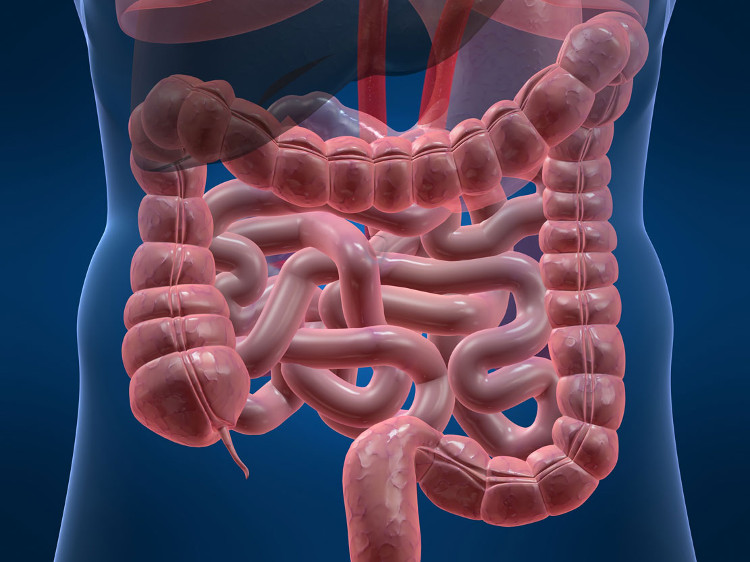Signs of early detection of colorectal cancer
Colorectal cancer is the second most common cancer in women and fourth in southern Vietnam, which is one of the few cancers that can be detected early.
Symptoms of the disease depend on the location of the tumor and the extent of invasion around and the extent to which the body spreads. Most manifestations of the disease are not specific, so they often don't think about cancer.
Symptoms include: localized, systemic and metastatic.
In place:
- Change the habit of defecation: stool at loose time, when constipation is not clear cause, go outside is not over, the stool is narrowed, changing the shape of stool.
- Lower gastrointestinal bleeding: go outside the mucus and blood, or go beyond the black stool if the first stage of the colon.
- Large tumors can fill the colon, rectum, causing intestinal obstruction with symptoms such as constipation, abdominal pain, bloating and vomiting, so it is easily overlooked by patients.When the tumor grows, it can lead to intestinal perforation, causing peritonitis.

Colorectal cancer is the second most common cancer in women and 4th in southern Vietnam.
Body:
- Going outside the blood stool for a long time leads to anemia, iron deficiency, fatigue, pale.
- Skinny weight loss, poor appetite, unexplained fever.
When metastasizing:
Colorectal cancer largely metastasizes the liver, with little symptoms. If metastasis can cause jaundice, abdominal pain caused by invasive liver, biliary tract.
According to Professor Nguyen Ba Duc, former Director of K Hospital; Colorectal cancer is a type of cancer that can be detected early with screening measures such as:
Tests for blood in the stool
Polyps or malignant tumors of the colon and rectum are more likely to bleed when the stool passes. Some medicines and foods can affect tests. Therefore, it is necessary to follow the physician's instructions before taking the test. People who test positive will have a higher risk of colorectal cancer and need to have a full colonoscopy.
Every person aged 50 or older should do this test once a year. High-risk people such as: personal history or family with adenoma, polyp syndrome or colorectal cancer; Inflammatory bowel diseases . should do this test and other measures at an earlier age.
Endoscopy the entire colon
- The best method today in screening for colorectal cancer.
- Should start at age 50 with a test to find blood in the stool.
Manual rectal examination
If used alone, this method will omit colon abnormalities including cancer.
- Early detection of male cancer should not be overlooked
- Identify signs of cancer on your body
- Early signs of cancer should not be ignored
- Tests help detect cancer early
- Google developed a cancer detection device
- Early signs warn you about anal cancer
- Colorectal cancer: Symptoms, causes and prevention
- How often should colonoscopy check for colorectal cancer?
- The cancer has no symptoms early
- Cure rectal cancer without surgery
- Find out how to detect cancer early
- Breath test helps detect colorectal cancer
 Why is Australia the country with the highest cancer rate in the world while Vietnam ranks 100th?
Why is Australia the country with the highest cancer rate in the world while Vietnam ranks 100th? New drug causes cancer to 'starve'
New drug causes cancer to 'starve' Common cancers in men
Common cancers in men America's incredible discovery: The most feared cancer cell is love
America's incredible discovery: The most feared cancer cell is love